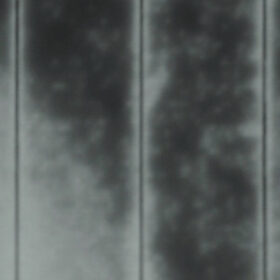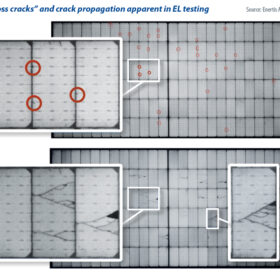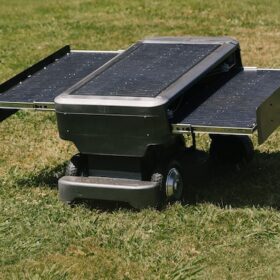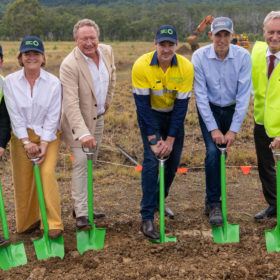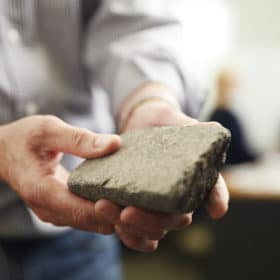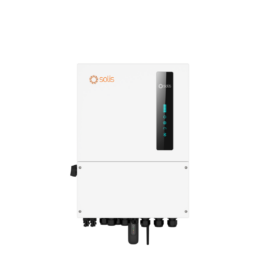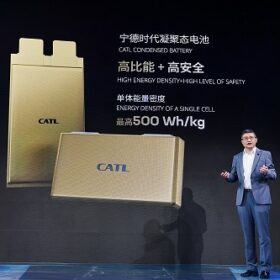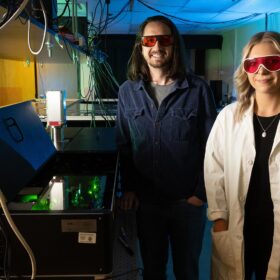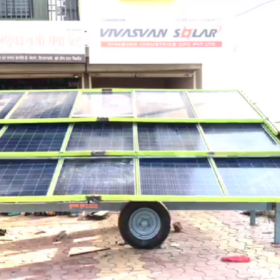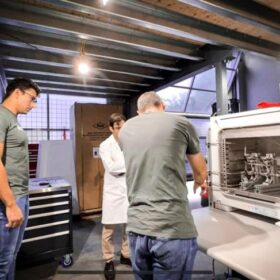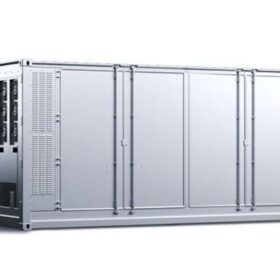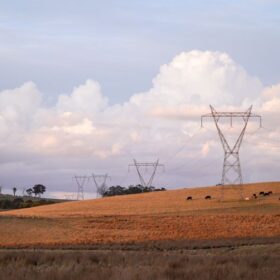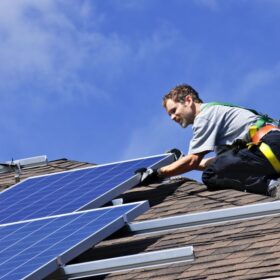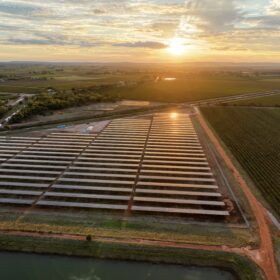Study shows n-type bifacial TOPCon cells more prone to degradation than p-type
Dutch scientists have reported higher degradation risk for n-type TOPCon cells with EVA encapsulant due to potential moisture degradation. Front-side metallisation makes n-type cells more vulnerable than p-type cells, according to damp heat tests.
Weekend read: Bigger modules, bigger headaches?
The debate continues over whether super-sized, high-power solar modules are a good thing for the industry and they appear to be here to stay. Vicente Parra and James Whittemore, from Enertis Applus+, consider the pitfalls to avoid when designing high-power solar projects.
PV-powered robotic lawn mower from New Zealand
Researchers from Massey University in New Zealand have developed a robotic lawn mower with three 50 W solar panels and a 20 Ah lithium-iron-phosphate (LiFePO4) battery. Two of the PV panels can be retracted and stacked inside the robot. They slide out when it needs to recharge its batteries.
FFI unveils ‘in house’ electrolyser prototype shortly after Plug Power partnership collapse
Fortescue Future Industries has unveiled its in-house PEM electrolyser prototype just months after US company Plug Power pulled the plug on its FFI partnership.
‘The economics are outstanding’: WA battery component hopeful buoyed by scoping study
Western Australian startup International Graphite says its proposed graphite processing plant in Collie has been found to have “outstanding” economics by its new scoping study. Graphite is a vital element in lithium-ion batteries and International Graphite is one of a handful of Australian companies working to move its processing onto Australian shores.
Solis unveils hybrid inverters for rooftop applications
Solis has released a new line of hybrid inverters in five different power output versions, ranging from 3 kW to 8 kW. The hybrid inverters can be used with either lithium-ion or lead-acid batteries, with a maximum charging and discharging current of 190 A.
CATL launches 500 Wh/kg condensed matter battery
Chinese battery industry heavyweight CATL has unveiled a novel condensed matter battery technology with an energy density of up to 500 Wh/kg. The company said it can achieve mass production within this year.
Researchers look beyond silicon to potentially double solar cell efficiency
A team at Colorado State University proposes making thin-film solar cells from naturally abundant molybdenum disulfide.
Mobile solar system for farms
India’s Vivasvan Solar has designed a foldable solar structure mounted on a trolley. The system has mechanisms to prevent damage to the panels during transit and is especially useful for agricultural farms.
Sydney start-up secures $23 million to accelerate clean lithium technology
Australian start-up Novalith Technologies has raised $23 million to accelerate the development of its novel lithium extraction process that uses carbonated water in place of sulfuric acid to isolate and extract battery grade lithium from resource deposits.
